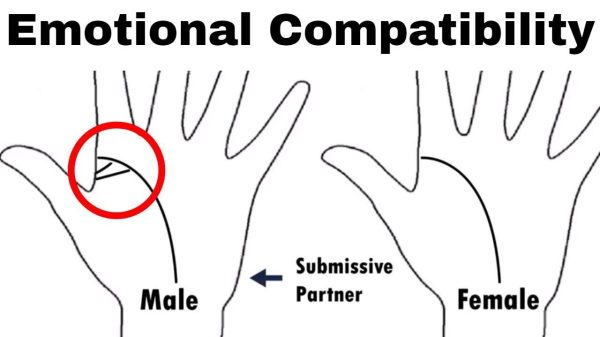In the intricate dance of relationships, emotional honesty often takes center stage, promising intimacy and trust. Yet, as with any performance, the art of revealing one’s true feelings is nuanced, layered, and sometimes fraught with complexity. Should we always lay our emotions bare before our partners, or are there times when discretion is the better part of valor? In a world that increasingly champions transparency, this question invites us to explore the delicate balance between openness and restraint. As we delve into the realms of emotional candor, we aim to uncover whether complete honesty is the bedrock of a thriving partnership or if, occasionally, a little emotional mystery might be just as essential.
Navigating the Balance Between Honesty and Sensitivity
Striking a balance between being truthful and being considerate is an art form that can deeply impact the health of a relationship. On one hand, honesty is the cornerstone of trust and intimacy; on the other, unchecked candor can sometimes lead to unnecessary hurt. The key is to communicate openly without compromising your partner’s feelings. Here are some approaches to consider:
- Choose the Right Time: Timing is crucial. Avoid sensitive topics when emotions are high. Opt for moments when both are calm and open to discussion.
- Use “I” Statements: Frame your feelings with “I” statements to avoid sounding accusatory. For example, say “I feel…” instead of “You always…”.
- Prioritize Empathy: Put yourself in your partner’s shoes. Consider how your words might be received and adjust your delivery accordingly.
- Focus on Solutions: If addressing an issue, aim to find a resolution together rather than merely pointing out faults.
By blending honesty with empathy, you create a safe space for both partners to express themselves, nurturing a relationship that is both transparent and tender.

Understanding When Emotional Honesty Can Be Harmful
While emotional honesty is often touted as the cornerstone of healthy relationships, there are times when unfiltered truth can lead to unintended consequences. Balancing honesty with sensitivity is crucial, as sharing every raw emotion without consideration can sometimes harm rather than heal. It’s important to recognize scenarios where being completely transparent might not be the best approach:
- Moments of heightened stress: During times of significant stress, your partner may not be in the best position to process additional emotional weight.
- When the truth is fleeting: Emotions can be transient, and expressing every fleeting feeling might create unnecessary tension.
- If it could undermine confidence: Constantly voicing doubts or insecurities might erode your partner’s confidence and trust in the relationship.
Understanding the context and the potential impact of your words allows for more thoughtful communication. By prioritizing empathy and timing, you can maintain honesty while also nurturing the emotional well-being of your relationship.

Strategies for Communicating with Compassion and Clarity
In any relationship, the way we communicate can significantly impact emotional well-being. To ensure that both you and your partner feel understood and respected, it’s important to adopt strategies that blend compassion with clarity. Here are some key approaches:
- Active Listening: Focus on truly understanding your partner’s perspective before responding. This involves maintaining eye contact, nodding, and using verbal affirmations like “I see” or “I understand.”
- Empathetic Responses: Acknowledge your partner’s feelings by validating their emotions. Phrases like “It sounds like you’re feeling…” or “I can imagine how that might feel…” can go a long way.
- Clear Expression: When expressing your own emotions, use “I” statements to articulate how you feel without placing blame. For example, “I feel anxious when…” instead of “You make me anxious.”
By integrating these methods, you create a safe space where both partners can express themselves openly. Balancing emotional honesty with these communication techniques can help maintain a healthy dialogue, fostering deeper connection and understanding.

Building Trust Without Unnecessary Transparency
In relationships, trust is paramount, but this doesn’t always necessitate absolute transparency. The concept of building trust without laying bare every emotion is nuanced yet vital. Effective communication is the key here, where the focus is on sharing what’s necessary to maintain a strong bond, without overwhelming your partner with every fleeting feeling. This approach helps in fostering a relationship that’s both honest and considerate.
- Prioritize significant emotions: Share feelings that impact your relationship’s core, rather than every minor annoyance.
- Maintain boundaries: It’s healthy to have a private emotional space, which allows for self-reflection and personal growth.
- Cultivate empathy: Understand that your partner may not always need to know every detail to offer support and love.
By striking a balance between openness and privacy, couples can create a trusting environment that respects individuality while nurturing togetherness. This method doesn’t diminish the authenticity of your connection but rather enhances it by encouraging mutual respect and understanding.








